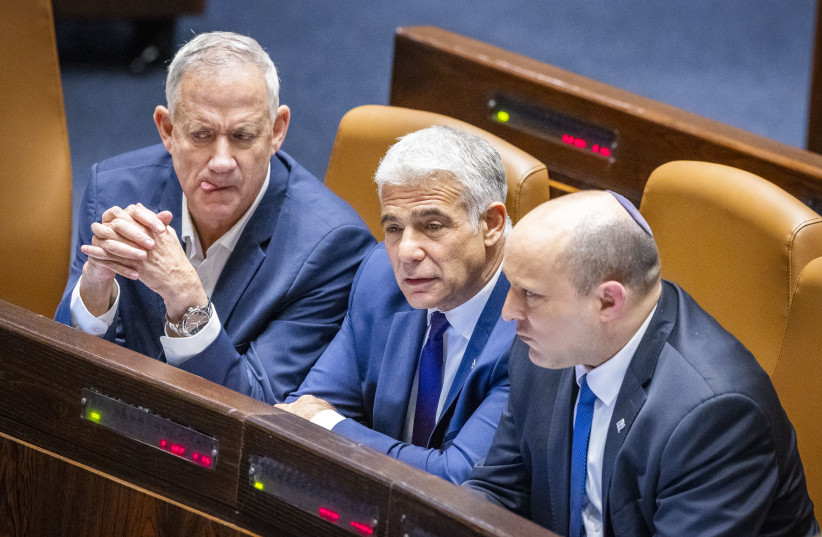Israel’s politicians have never been the type to traditionally be demure or genteel. Rather, they have been more commonly raucous and aggressive, which is evident in their election campaigns.
The past four elections throughout the last three years have been typified by smear campaigns and hateful generalizations between political enemies – and sometimes not even between enemies, but even between partners – and allies.
The rhetoric between individual politicians and parties, in general, has been rough. Former prime minister and current opposition leader Benjamin Netanyahu was known for his “gevalt” campaigns during which he would go to every news channel and newspaper he could reach and give interviews, where he would tear down every other right-wing party – whom he’d later team up with to form a coalition – while claiming that voting for smaller parties would ensure that the country “will go to the Left.”
This is somewhat counter-intuitive. As these very parties would be his partners in a potential coalition, it seems illogical that the Likud would tear them down, only to “unite” with them later on down the line. But this was his technique: Tear the other down, no matter who the other is, in however aggressive a manner you can manage in order to preserve yourself.
That makes this tactic the very exemplification of the aggressive campaigning seen in Israel.

Parties along the political spectrum in every which way are not afraid to tear each other down in a similar way. Ahead of the March elections in 2021, then-justice minister Benny Gantz held that Netanyahu, who had been encouraging people to protest outside the Justice Ministry at the time, was inciting violence outside a government building.
He compared him to former US President Donald Trump, saying that his words are “borderline incitement” in the same way Trump’s were during the January 6 insurrection at the Capitol, during which rioters broke into the government building.
Meanwhile, then-opposition leader and now-Prime Minister Yair Lapid has reiterated on several occasions that he would be willing to sacrifice his own political career if it meant ousting Netanyahu. That is, if anything ever was, an all-or-nothing campaign.
On the Left, the parties throughout the past few years have been on the defensive, for the most part shoving off claims of anti-Zionism. Their attack method, when carried out, is to accuse the Right of racism, fascism and various forms of hate and prejudice.
Ahead of last year’s elections, for example, Meretz leaders threatened to sue Likud MK Tali Ploskov after she said that left-wing politicians are Holocaust deniers.
Lest we forget one of the biggest mudslingers in the Israeli government, MK Itamar Ben-Gvir, who has been known to quarrel with Arab MKs on numerous occasions, often calling them “terrorists,” “the enemy” and so on. His tactic is somewhat more violent – literally. He has gotten physical on numerous occasions and was often called a fascist in response.
Each side of this discourse flings the word “extremist” and “traitor” at the other, back and forth. The arguments against one another go on and on in this format, becoming more and more extreme as they go.
Keep it civil
We’ve come to expect the worst in our politicians and their election campaigns. It may be futile, but in the up-and-coming campaigns ahead of the November 1 elections, we implore the parties and politicians running for the Knesset to keep it civil.
While the political game gets everyone riled up, it cannot be forgotten that the government is formed by the people, and the people are human beings. When politicians speak as though they talk out of the sewers, so to speak, it affects people – supporters and opposers alike.
Lower your mud-slinging hands, politicians; let us keep to tarbut hadiun (discussion culture) and see, for once, a respectful election.
Instead of telling your supporters what Israel should not be and who should not be heading it and what they should not do, step away from the negative – show us what you can and will do.
Present your ideas. Have meaningful and respectful dialogue with your competition, perhaps in the form of a proper political debate.
Present your vision for what Israel will be like under your leadership – rather than what it will not be. Focus on the issues that affect us all, not on dragging down your opponents. Then, just maybe, we’ll be able to go to the polls as informed voters.
